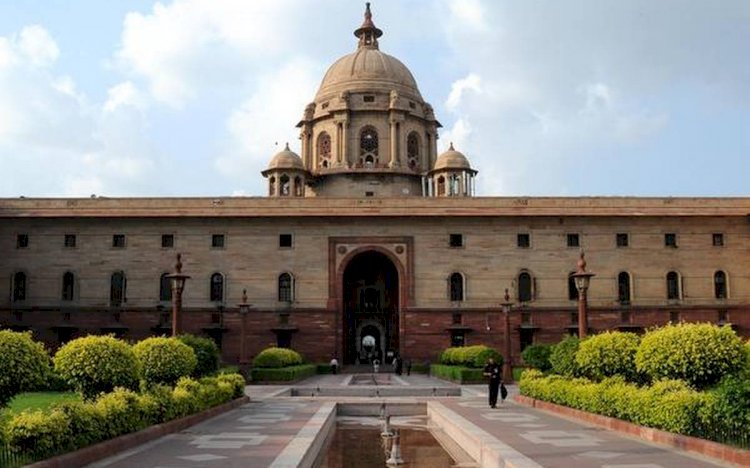Why government is fearing
For Printing Download Epaper from files section from bottom of this page

In ninety seventy-five, when the then prime minister Indira Gandhi imposed an emergency and inflicted brutal atrocities on opposition leaders, the then Jan Sangh or today’s BJP was leading in criticizing her decision. Indira Gandhi was criticized from all quarters as a dictator. A cartoon of her sitting on a pile of human skeletal had widely been famous in those days. Of course, whatever she had done was absolutely wrong and against the democratic spirit. Then, today’s prime minister Narendra Modi may not be inactive politics or might be a youth leader. But, today Modi government has taken a decision that is equivalent to Indira’s emergency decision. The central government has passed a law of secrecy since the period of Pundit Nehru which has been a most powerful weapon in all successive governments. According to this
law, the government has the right not to disclose any information which it considers as a threat to national security. The same weapon has once again used by the Modi government by making an amendment in central services pension rules. According to this amendment to the Central Services (Pensions) Rules, the central government barred all retired officials in intelligence and security-related organizations from publishing any material “which falls within the domain of the organization”, before clearing it with the current head of the organization concerned. The move perilously overextends the scope of service and pension rules;
deals a blow to the fundamental right to free speech of retired officials; and potentially weakens democratic discourse in India, where those who have the most experience on sensitive subjects are effectively barred from commenting on it, except with the government’s approval. This means true information in national security issues will not come to the fore for public knowledge. Some years ago, the Modi government had banned statistical data on unemployment in the country. This is suppression of people’s right to information. The same has been done again. In the emergency period, the government officials used to sit in newspaper offices and check the entire content before it went to press. They used to
object and force to withdraw content they thought may not be useful for administration. Modi government decision is the next step to this. It also reinforces the impression that the regime is not comfortable with distinctive and critical views, even when it comes from those who have served the Indian State with great distinction and patriotism. Retired officials of security organizations must exercise utmost responsibility. They must also comply with the existing legal framework, which entails them to be responsible with “sensitive information” that may imperil the “sovereignty and integrity of India” and “the security, strategic, scientific or economic interests of the State”. But the current rules widen the scope of restrictions. If you are a former Research and Analysis Wing (R& AW) officer, you cannot write about any external security-related issue without checking with the current secretary (r); if you are a former
Intelligence Bureau (IB) official, you cannot write on any subject which is related to internal security-related issue unless the director (IB) clears it, and this extends to 16 other organizations. Given India’s generally opaque security set-up, the refusal to declassify files, rules of secrecy, and norms of access — those who know and serve can’t write; those who write are constrained because of the fear of losing access to those who know — retired officials are a key source of expertise. After years of being in a regimented bureaucracy, they finally can speak and share this expertise with other citizens. At a time when dissenting voices within the system find it hard to take positions, a distinctive view from outside the
system only helps the State evolve a more considered policy approach. These officials have spent their entire professional lives safeguarding India’s security. Rather than threatening them with the stick of withdrawn pensions, trust them and allow the space for informed discourse, within the older framework. The advantage of allowing them to write their experiences is that the next generation of officials may not repeat the mistakes that happened in their tenure. It will be a good document for the next generation as a guide. Modi should widen his vision.

 Active Times
Active Times 

















